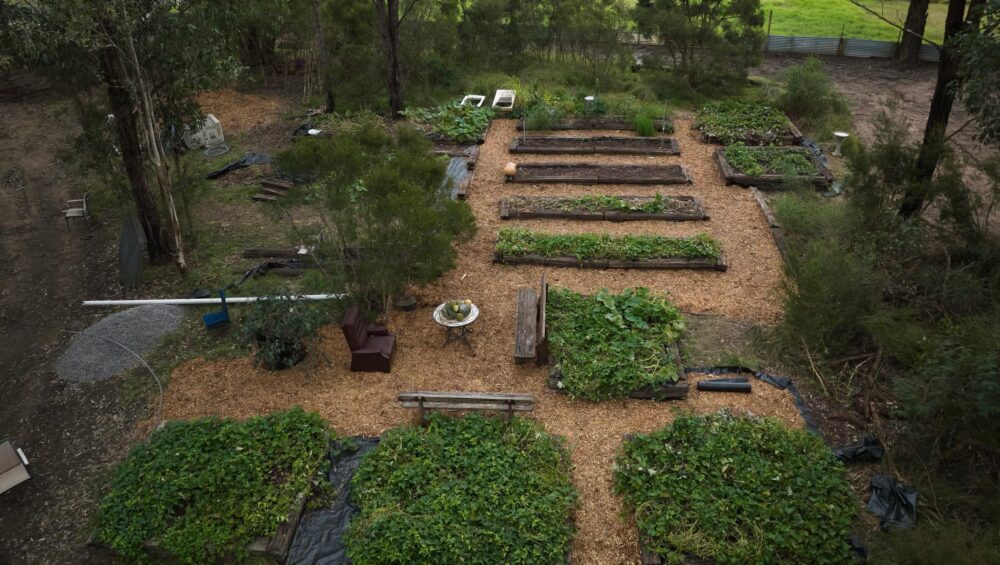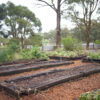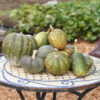Organic gardening aims to produce food and plants using only natural methods and materials. This means avoiding the use of synthetic fertilizers, pesticides, herbicides, and genetically modified organisms (GMOs). Organic gardening is gaining popularity as people become more aware of the potential health risks associated with chemical exposure and the environmental impact of conventional farming practices. In this blog, we will explore the benefits and principles of organic gardening, and provide tips on how to get started.
Benefits of Organic Gardening
Organic gardening has several benefits for both individuals and the environment. Here are some of the advantages:
- Healthier Produce: Organic gardening produces healthier and more nutritious food, free from harmful chemicals and pesticides. This makes it safer for consumption and better for our overall health.
- Environmental Protection: Organic gardening practices promote biodiversity and reduce pollution. They also help to preserve soil quality, conserve water, and promote sustainable farming practices.
- Cost-effective: Organic gardening can be cost-effective as it encourages the use of natural resources like compost and mulch, which are readily available and inexpensive. This means you can save money while still getting high-quality produce.
- Flavorful: Organic produce has a distinctive, flavorful taste due to the natural growing process and lack of synthetic chemicals. This makes it more appealing to food enthusiasts and chefs.
Principles of Organic Gardening
To practice organic gardening, there are certain principles that one must adhere to. Here are some of the key principles:
- Soil Quality: Soil is the foundation of organic gardening. It should be kept healthy and fertile using natural methods like composting and crop rotation.
- Companion Planting: Companion planting involves growing different plants together to provide mutual benefits. For example, planting herbs like basil and cilantro can repel pests and attract pollinators to other plants.
- Pest Management: Organic gardening relies on natural methods to control pests and diseases, such as crop rotation, companion planting, and the use of organic pesticides.
- Water Conservation: Water is a valuable resource, and organic gardening aims to conserve it by using drip irrigation and mulching techniques.
Getting Started with Organic Gardening
If you are new to organic gardening, here are some tips to get started:
- Plan your garden: Before starting your garden, plan the layout and decide which plants you want to grow.
- Prepare the soil: Ensure that your soil is healthy and fertile by adding compost and natural fertilisers.
- Choose the right plants: Select plants that are well-suited to your climate and soil type. Choose organic seeds and seedlings.
- Practice crop rotation: Crop rotation helps to maintain soil fertility and reduce the risk of pests and diseases.
- Use natural pest control: Use natural pest control methods like companion planting and organic pesticides to keep pests at bay.
- Conserve water: Use drip irrigation and mulch to conserve water and maintain soil moisture.
In conclusion, organic gardening is a great way to grow healthy and nutritious food while protecting the environment. By following the principles of organic gardening and using natural methods, you can produce high-quality produce that is safe for consumption and environmentally friendly. With the right planning and preparation, anyone can start an organic garden and enjoy the benefits of this rewarding hobby.




